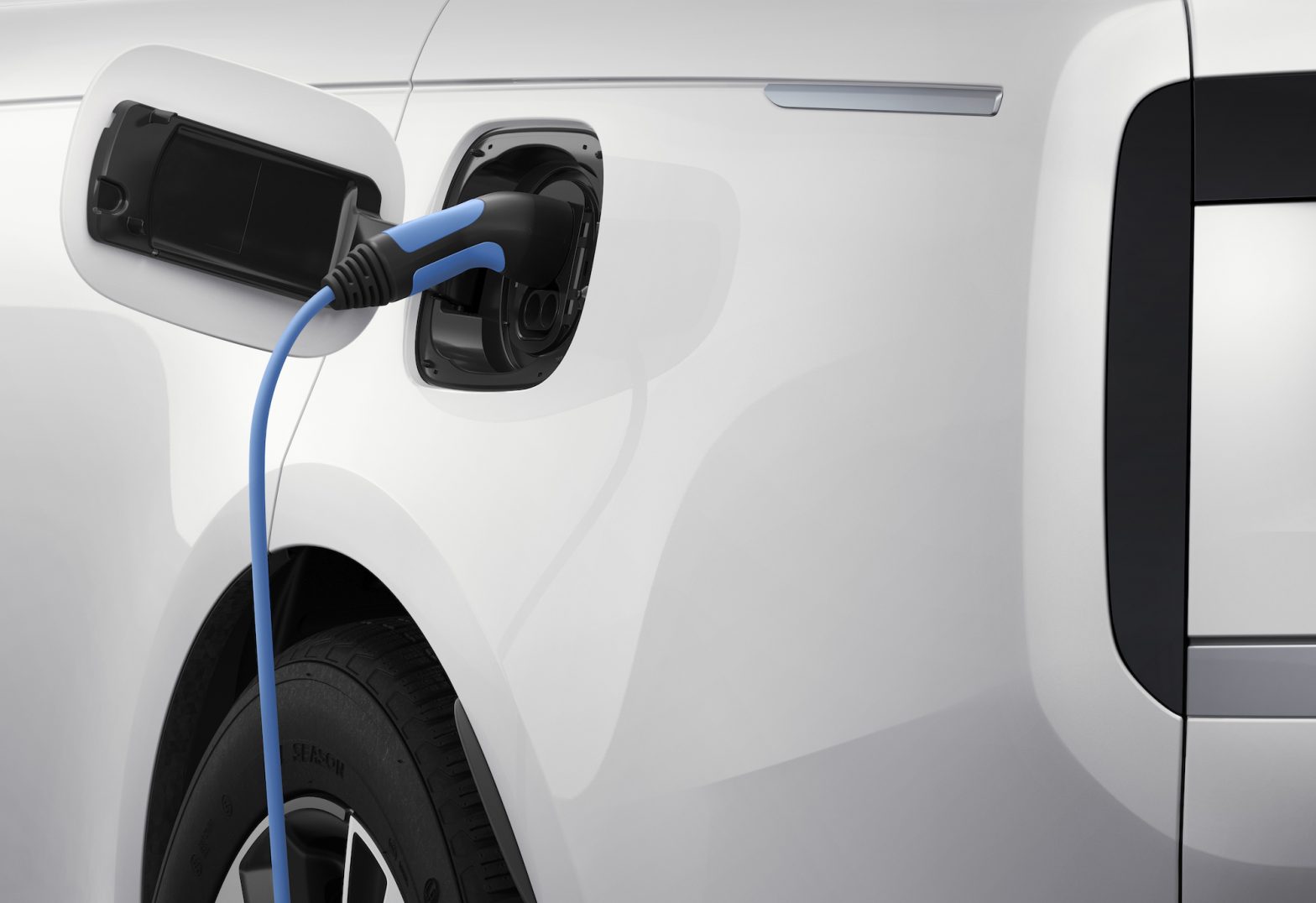Waymo’s self-driving cars will make an appearance in New York City on Thursday, but don’t expect to hail a robotaxi in the Big Apple anytime soon — or ever. The company is a long way from testing or launching its autonomous vehicles commercially in the city. Instead, Waymo announced plans to manually drive its vehicles… Continue reading Waymo self-driving vehicles will begin mapping NYC’s streets
Tag: Apple
Apple is bringing car crash detection to the iPhone, says the Wall Street Journal
Apple is reportedly working on a new iPhone and Apple Watch feature that detects if you’re in a car crash and dials 911 automatically. The current plan is to roll out such a feature next year, according to The Wall Street Journal. Google’s Personal Safety app on Pixel phones already includes a feature to call… Continue reading Apple is bringing car crash detection to the iPhone, says the Wall Street Journal
Hankook Tire to Provide Two Original Equipment Fitments for 2022 Nissan Frontier
Optimized for all-season functionality and highway performance, the premium Dynapro HT provides drivers with longer tread wear, improved traction and low rolling resistance. Featuring a snow kerf, multi-depth lateral lugs, and button and semi-solid ribs, the Dynapro HT is also built for improved traction in snow. Its unique cap tread is engineered with an optimized… Continue reading Hankook Tire to Provide Two Original Equipment Fitments for 2022 Nissan Frontier
@Hyundai: Newly Rebranded “Kia Connect” Suite Builds on Success of UVO In-Car Connectivity
Renamed telematics system aligns with Kia’s new future-focused EV brand direction Kia Connect enhances UVO catalog of features with new updates and added amenities including Map Over the Air (OTA) updates starting with all-new 2022 EV6 crossover1 New name emphasizes the importance of connectivity, as Kia Connect is now available on at least one configuration… Continue reading @Hyundai: Newly Rebranded “Kia Connect” Suite Builds on Success of UVO In-Car Connectivity
An all-electric Range Rover is coming in 2024
Land Rover plans to add an all-electric Range Rover to its lineup in 2024, the brand said Tuesday. The announcement was made alongside its reveal of the 2022 Range Rover, the redesigned fifth generation of its luxury SUV that is loaded with tech, features an electrical architecture to support over-the-air software updates and sits on… Continue reading An all-electric Range Rover is coming in 2024
Tesla breaks $1tn valuation barrier after Hertz orders 100,000 vehicles
Tesla Tesla breaks $1tn valuation barrier after Hertz orders 100,000 vehicles Milestone comes after firm’s Model 3 became first battery-powered electric car to top Europe’s monthly sales chart UK battery ‘gigafactory’ plans expansion as EV demand soars Tesla joins the tech companies Apple, Amazon, Alphabet, Facebook and Microsoft among the US firms to have passed… Continue reading Tesla breaks $1tn valuation barrier after Hertz orders 100,000 vehicles
Analysis-Tesla looks to pave the way for Chinese battery makers to come to U.S
Oct 21 (Reuters) – Tesla Inc (TSLA.O) wants to shift to a less expensive battery for its electric vehicles but first needs to figure out how to overcome political tensions to get a Chinese partner to build the iron-based batteries near its U.S. factories. The world’s two biggest economies have yet to resolve disputes over… Continue reading Analysis-Tesla looks to pave the way for Chinese battery makers to come to U.S
Tesla Leapfrogs the Competition in Interbrand’s 2021 Best Global Brands Report
Sephora (#100) is the only new entrant to the rankings this year, but its addition makes LVMH Group the biggest group entity in the table. LVMH group is the first to have five brands in the Best Global Brands table – Sephora, Louis Vuitton (#13), Dior (#77), Tiffany & Co. (#92) and Hennessy (#95). Top… Continue reading Tesla Leapfrogs the Competition in Interbrand’s 2021 Best Global Brands Report
Taiwan’s Foxconn reveals two new electric cars
Taiwanese electronics giant Foxconn has revealed two new electric cars, underlining the firm’s intentions to become a “global automotive manufacturer”. Foxconn, known for contract-manufacturing devices such as the Apple iPhone, revealed the ‘Model C’ SUV and the ‘Model E’ sedan, alongside the ‘Model T’ bus in a livestream event on Monday. The two cars are based on a newly introduced… Continue reading Taiwan’s Foxconn reveals two new electric cars
Foxconn’s electric vehicles face an uphill struggle
Apple supplier enters the competitive EV market as profits from consumer electronics decline Go to Source
